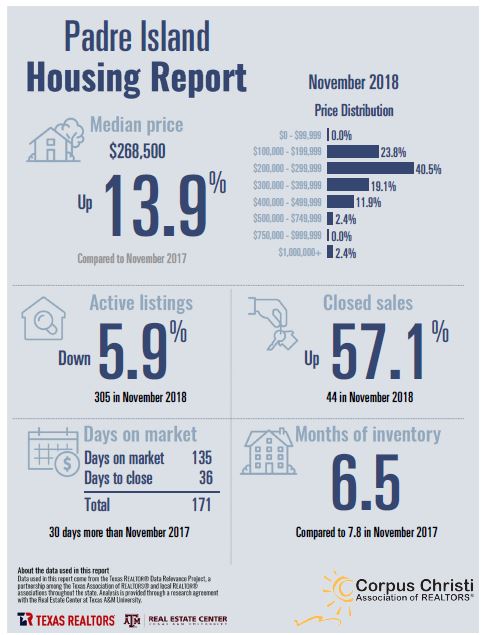The month of November is recognized as National Epilepsy Awareness Month.
According to the Epilepsy Foundation, 1 in 26 people will develop epilepsy in their lifetime. In
addition to this, 3.4 million Americans currently live with epilepsy. This means that epilepsy is
not rare and is actually more common than most people think. Since millions of Americans live
with epilepsy, it is important to understand the disease and how it affects people. National
Epilepsy Month is important because it is a time dedicated to learning about epilepsy and raising
awareness about the disease.
Epilepsy is a neurological condition in the brain that triggers seizures. As stated by the
Epilepsy Foundation, “doctors believe that seizures happen when a brain’s uncontrolled increase
of excess electrical activity obstructs its normal functions.” This means that a seizure causes a
short interruption to messages traveling back and forth within the brain. There are two types of
seizures. The first type of seizures are generalized seizures which affect both sides of the brain.
The other type of seizures are focal seizures which are located in just one area of the brain and
are also called partial seizures. A few symptoms of seizures are: temporary confusion, a staring
spell, stiff muscles, uncontrollable jerking movements of the arms and legs, loss of
consciousness or awareness, psychological symptoms such as fear, and anxiety or deja vu. Once
a person has had two seizures, they are diagnosed with epilepsy.
Epilepsy has no identifiable cause in about half the people with the condition. In the other
half, the condition may be traced to various factors, including: genetic influence, head trauma,
brain abnormalities, infections, prenatal injury, and developmental disorders such as autism.
Even though there is no distinguishable cause of epilepsy, there are a few risk factors for
someone to develop epilepsy. A few of the risk factors are: age, family history, head injuries,
stroke and other vascular diseases, dementia, brain infections, and seizures in childhood.
For more information about epilepsy, please visit the Epilepsy Foundation’s website
https://www.epilepsy.com/make-difference/public-awareness. Along with this, the CDC is a
fantastic resource to learn more about the risk factors and types of seizures associated with
epilepsy https://www.cdc.gov/epilepsy/index.html. Additionally, you can visit John Hopkins
Medicine to learn about the treatment options for epilepsy https://www.hopkinsmedicine.org.
If you have questions regarding any of the information mentioned in this week’s article,
please do not hesitate to call my Capitol or District Office. Please always feel free to contact my
office if you have any questions or issues regarding a Texas state agency, or if you would like to
contact my office regarding constituent services. As always, my offices are available at any time
to assist with questions, concerns, or comments (Capitol Office, 512-463-0672; District Office,
361-949-4603).
– State Representative Todd Hunter, District 32
Rep. Hunter represents Aransas County and part of Nueces County. He can be contacted at
todd.hunter@house.texas.gov or at 512-463-0672.









